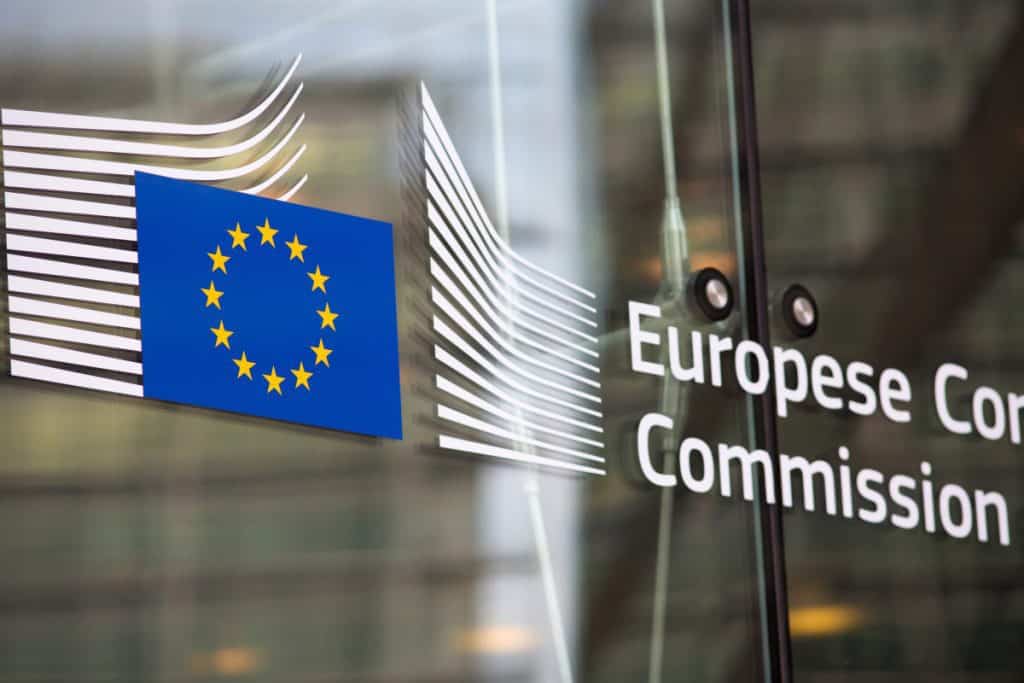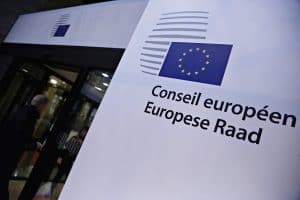A spokesman for the European Commission announced that the implementation of the European Travel Information and Authorization System (ETIAS) is likely to be delayed until the operation of the Entry/Exit System (EES) is in effect.
ETIAS is an electronic system that maintains an updated record of foreign visitors that do not need a visa to the Schengen Zone. Through its data gathering and information and systems, ETIAS aims to significantly decrease security concerns. Its implementation operation was originally set for January 2021 but it may now be put off to a later schedule.
According to Katarzyna Kolanko, spokesperson for security, regulation, rule of law and fundamental rights of the EU Commission, in an interview with the Serbia and Herzegovina newspaper Nezavisne that the planned operation of the ETIAS scheme by January 2021 will most likely materialize on 2022 when EES start to be utilized at the EU borders.
“The deployment of ETIAS system (which involves facial and fingerprint scanning) is planned in 2021, however, it may be delayed and deployed at a time when a new border crossing regime begins,” Kolanko clarified.
The Entry/Exit system is a scheme that was recently constituted by the European Union requiring the registration data on the entry and exit of non-EU nationals who cross the external borders of EU member countries. Its objectives are to reinforce and boost the protection of the Schengen area external borders and to safeguard and improve the security of the citizens of Schengen states.
The EES (Entry Exit System), once operational to register and store entry /exit data, will replace passport stamps. It will eliminate the need for passport stamps.
Kolanko described that no stamping will be necessary upon the start of the implementation of the new system. All the data will be checked through scanning and without scrolling. She believes this will be a much quicker process than the current checking method.“The system will check the name, validity of the document, fingerprint and facial scanning. Not only will there be any additional workload for those traveling, but crossing the border will become quick and easy,” she highlighted.













